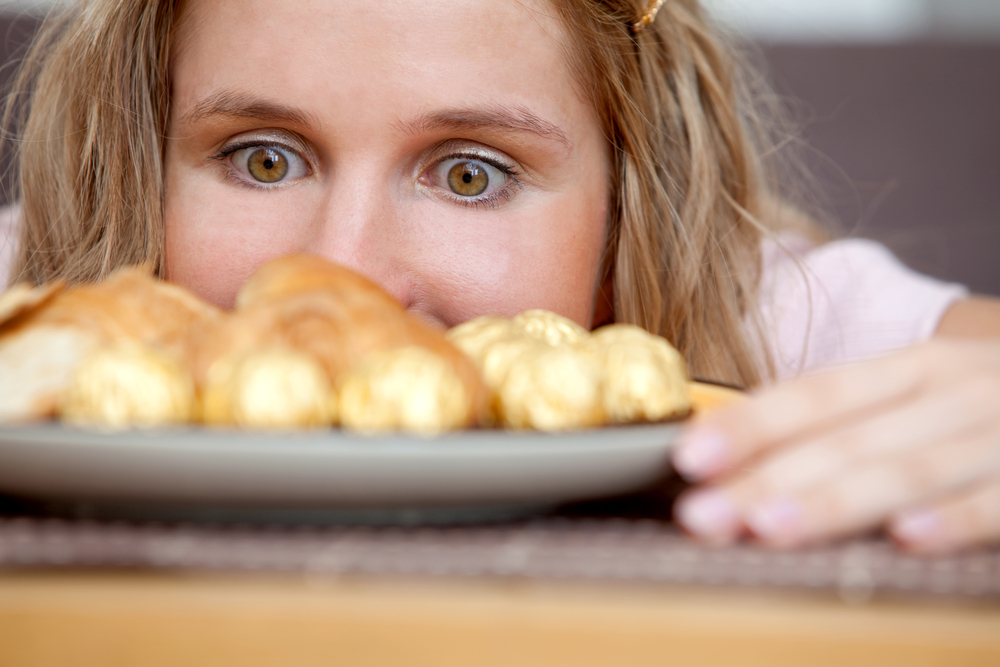10 ways to prevent food poisoning
The UK has more than 500,000 reported cases of people experiencing food poisoning a year, according to the Food Standards Agency (FSA).
If you’ve ever had food poisoning, you’ll know how unpleasant it can be, even for a fit and healthy person. Food poisoning can sometimes cause serious illness and even death.
Most people assume that food poisoning comes from restaurants, cafes and fast food outlets, but according to the FSA, you’re just as likely to get ill from food prepared at home.
Follow these tips to reduce the risk of food poisoning at home.
Wash your hands
Wash your hands thoroughly with soap and hot water, and dry them before handling food, after handling raw foods – including meat, fish, eggs and vegetables – and after touching the bin, going to the toilet, blowing your nose, or touching animals, including pets.
Wash worktops
Wash worktops before and after preparing food, particularly after they’ve been touched by raw meat, including poultry, raw eggs, fish and vegetables. You don’t need to use antibacterial sprays: hot, soapy water is fine.
Wash dishcloths
Wash dishcloths and tea towels regularly and let them dry before you use them again. Dirty, damp cloths are the perfect place for germs to breed.
Use separate chopping boards
Use separate chopping boards for raw food and ready-to-eat food. Raw foods can contain harmful bacteria that spreads very easily to anything they touch, including other foods, worktops, chopping boards and knives.
Keep raw meat separate
It’s especially important to keep raw meat away from ready-to-eat foods, such as salad, fruit and bread. This is because these foods won’t be cooked before you eat them, so any bacteria that gets on to the foods won’t be killed.
Store raw meat on the bottom shelf
Always cover raw meat and store it on the bottom shelf of the fridge, where it can’t touch other foods or drip onto them.
Cook food thoroughly
Cook food thoroughly and check that it’s steaming hot all the way through. Make sure poultry, pork, burgers, sausages and kebabs are cooked until steaming hot, with no pink meat inside. Don’t wash raw meat including chicken and turkey before cooking, as this risks spreading bacteria around your kitchen.
Freezing raw chicken reduces levels of Campylobacter but does not eliminate it completely. The safest way to kill all traces of Campylobacter is by cooking chicken thoroughly.
Keep your fridge below 5C
Keep your fridge temperature below 5C. By keeping food cold, you stop food poisoning bugs growing.
Cool leftovers quickly
If you have cooked food that you’re not going to eat straight away, cool it as quickly as possible (within 90 minutes) and store it in the fridge or freezer. Use any leftovers from the fridge within two days.
Respect ‘use by’ dates
Don’t eat food that’s past its ‘use by’ date even if it looks and smells okay. ‘Use by’ dates are based on scientific tests that show how quickly harmful bugs can develop in the packaged food.
Read more about food poisoning in Health A-Z.
